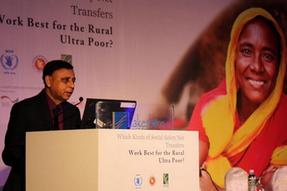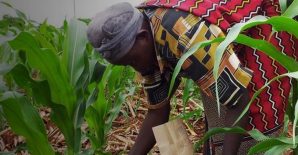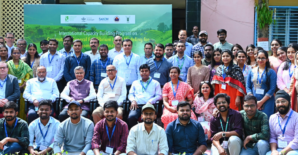
Dr. Akther Ahmed, Chief of Party of the IFPRI Policy Research and Strategy Support Program in Bangladesh
The following is an excerpted version of a press release originally published on World Food Program website
DHAKA – The United Nations World Food Programme (WFP) and the International Food Policy Research Institute (IFPRI) today presented the first findings of a joint research initiative that explores which types of social safety net transfers work best for the rural ultra-poor. The research initiative is supported and guided by the Government of Bangladesh, and funded by Germany, the United Nations Development Programme, the United States and Switzerland.
The two year study, which will conclude mid-2014, seeks to determine the benefits of five different types and combinations of transfers – including cash, food, and nutrition education – with regard to three critical outcomes: household income, food security, and child nutrition.
“In Bangladesh, the majority of safety net interventions are food-based, but cash transfers are becoming increasingly important,” said Christa Räder, WFP Representative in Bangladesh. “This research initiative helps us understand which kinds of social safety net interventions are most effective in improving the food security and child nutrition in ultra-poor families. The findings will create valuable evidence for the Government and inform its social protection strategy.”
Read more from the press release
In the News
- Dhaka Tribune: Nutrition education key for the poor
- The Financial Express: Nutrition education helps safety net beneficiaries more



